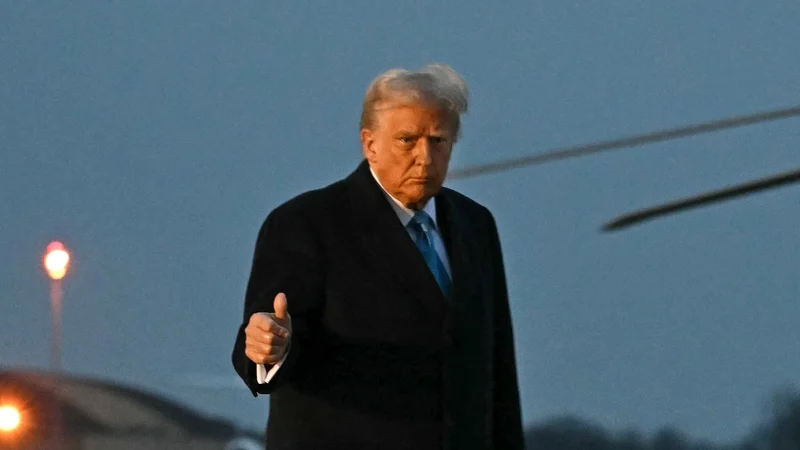The United States has launched a pilot program requiring certain visa applicants to post bonds of up to $15,000, signaling that citizens of CBI nations may be the next target under the Trump administration’s expanding immigration policies.
The 12-month program, which begins August 20, specifically targets nationals from countries “offering Citizenship by Investment, if the alien obtained citizenship with no residency requirement,” according to the Temporary Final Rule published in the Federal Register. The Department of State believes these applicants “may have insufficient personal history within or connections to their country of nationality for sufficient screening and vetting checks to be conducted.”
Although the Department of State has not officially listed CBI nations in the program, the legal language and stated intent position them as potential additions based on “screening and vetting deficiencies.”
Currently, only Malawi and Zambia nationals face the bond requirement, based on their high visa overstay rates of 14.32% and over 10% respectively. However, the program’s framework suggests the administration may soon subject citizens of CBI nations to the same requirements.
The Federal Register document reveals US concerns about these programs, stating that CBI nationals “are sometimes able to undergo a name change to conceal past criminal or other illicit ties, and are not tied to the host country’s screening and vetting apparatus.” This language indicates the administration views CBI programs as potential security vulnerabilities.
Executive Order 14161 directed the Secretary of State to “evaluate all visa programs to ensure that they are not used by foreign nation-states or other hostile actors to harm the security, economic, political, cultural, or other national interests of the United States.” The visa bond program directly implements this directive.
The US Travel Association estimates the pilot phase will affect approximately 2,000 applicants. However, the Department of State retains authority to modify the country list “on a rolling basis” with just 15 days’ notice, creating uncertainty for citizens of CBI nations worldwide.
Bondholders must enter and exit through designated airports, including Boston Logan, John F. Kennedy International, and Washington Dulles. They receive 30-day maximum stays, compared to typical six-month tourist authorizations, and face automatic forfeiture if they overstay or violate visa conditions.
The administration has already revoked visas for hundreds of international students and imposed travel restrictions on 19 nations, as part of its “Protecting The American People Against Invasion” executive order, according to Reuters.



